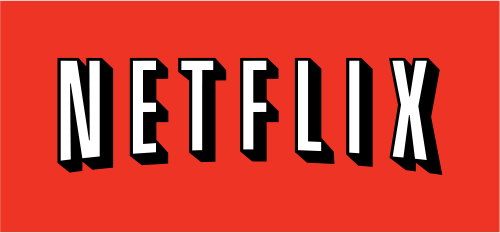Investing
Wall St. Analysts Chase Big Target Changes for Apple, Google, Netflix (AAPL, NFLX, GOOG, JEF, DB, GS, LAZ, MS, JPM, BCS)
Published:
Last Updated:
Wall St. analysts chase price targets on the way up with higher and higher price targets. On the way down, they also keep lowering and lowering their price targets for their stocks. This post could have just easily been called “Wall St. Analysts: Are They Really That Bad?” With fourth-quarter earnings starting to wind down next week, and most of the big names on Wall St. done reporting, we thought it may be interesting to do a review of how analysts treated some explosive earnings results.
We decided to choose three high-profile names that had a big impact on the stock market following their earnings release. Our winners were: Apple Inc. (NASDAQ: AAPL), Google Inc. (NASDAQ: GOOG) and Netflix Inc. (NASDAQ: NFLX). Each one of these names is widely followed by Wall St. and in the portfolios of many prominent funds. To be frank we were not surprised at what we found, but you may be.
Five years ago today, on January 25, 2008, Apple closed at $130.01, which was already a huge run up from the September 2001 lows of $7.75. After topping out last summer at $702.10, the stock began a slow but sure descent. Wall St. hung with it until yesterday when Apple reported first-quarter earnings of $13.81 per share, $0.26 better than the Capital IQ consensus of $13.55. Here were the more dramatic changes:
You get the picture. While most firms kept their Buy ratings, they all cut their price target. That does not help much when they were pounding the table to buy last summer at $700.
NetFlix had just the opposite following on Wall St. After it went from high flyer to flame out, the analysts abandoned the stock and short sellers went to work. As of December 31, almost 25% of the 55.5 million share float had been sold short. That looked good until the company blew out earnings Wednesday after the close. It reported fourth-quarter earnings of $0.13 per share, $0.27 better than the Capital IQ consensus, while revenues rose 7.9% year-over-year to $945 million, versus the $934.85 million consensus. The company issued upside guidance for the first quarter. Here is how those changes looked:
In this case. most firms upgraded the stock from Neutral to Overweight, and everybody raised their price targets. Not good if you sold in the low 50s last October.
Lastly there is Google, which beat quarterly EPS by $0.09 ($10.65 vs. $10.56 estimate). Revenues rose 49.6% year-over-year to $12.16 billion, versus $12.36 billion estimate. Aggregate paid clicks increased 24% year-over-year. Everybody stayed with their Buy ratings, but the price targets went higher.
Stock analysts for the most part do good work. But the days of real insight and access to firms is long over. The Wall St. adage of buy low and sell high is always something to keep in mind when overexuberance or lack of any exuberance surrounds a stock.
The average American spends $17,274 on debit cards a year, and it’s a HUGE mistake. First, debit cards don’t have the same fraud protections as credit cards. Once your money is gone, it’s gone. But more importantly you can actually get something back from this spending every time you swipe.
Issuers are handing out wild bonuses right now. With some you can earn up to 5% back on every purchase. That’s like getting a 5% discount on everything you buy!
Our top pick is kind of hard to imagine. Not only does it pay up to 5% back, it also includes a $200 cash back reward in the first six months, a 0% intro APR, and…. $0 annual fee. It’s quite literally free money for any one that uses a card regularly. Click here to learn more!
Flywheel Publishing has partnered with CardRatings to provide coverage of credit card products. Flywheel Publishing and CardRatings may receive a commission from card issuers.
Thank you for reading! Have some feedback for us?
Contact the 24/7 Wall St. editorial team.